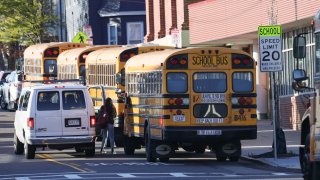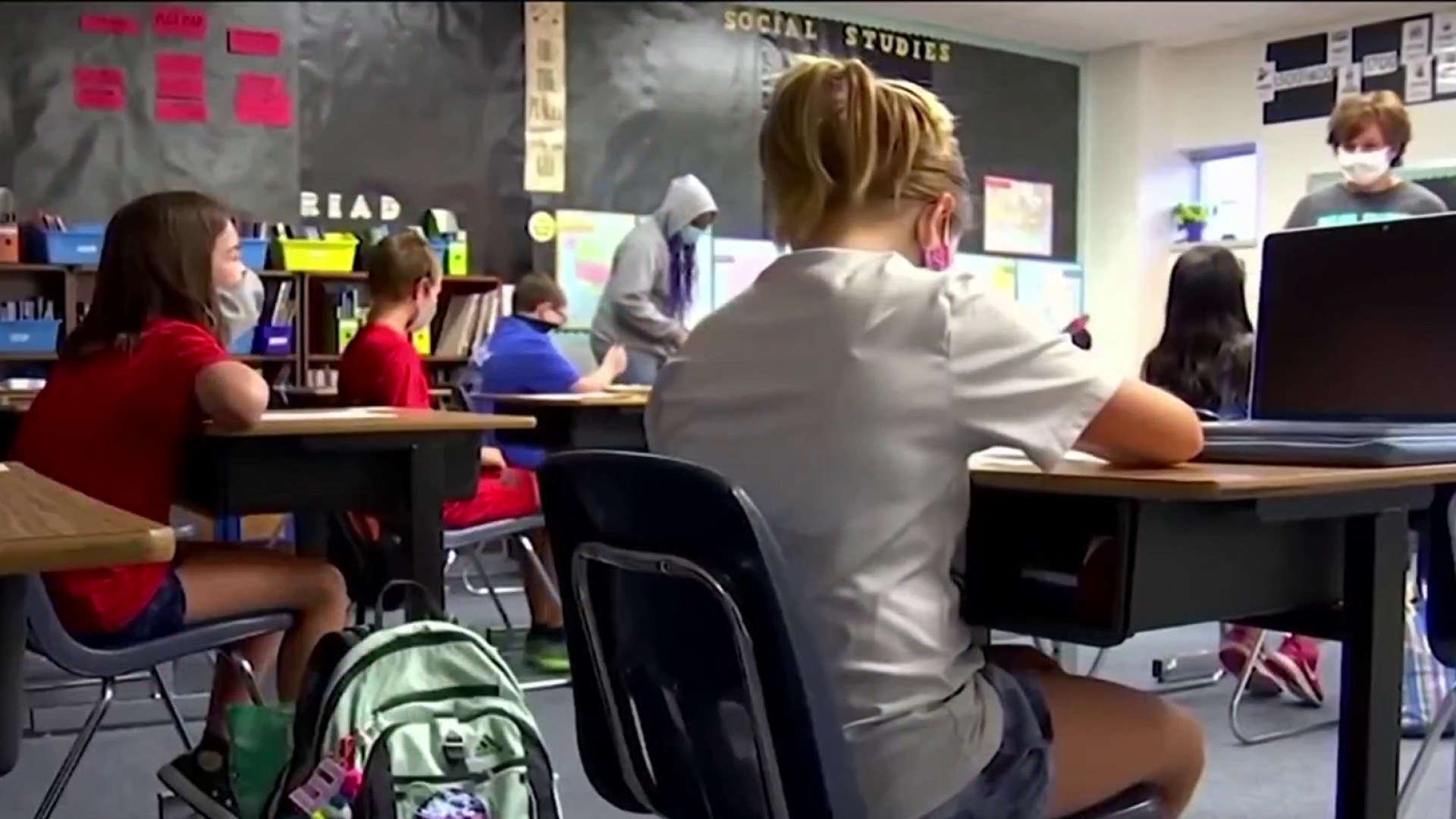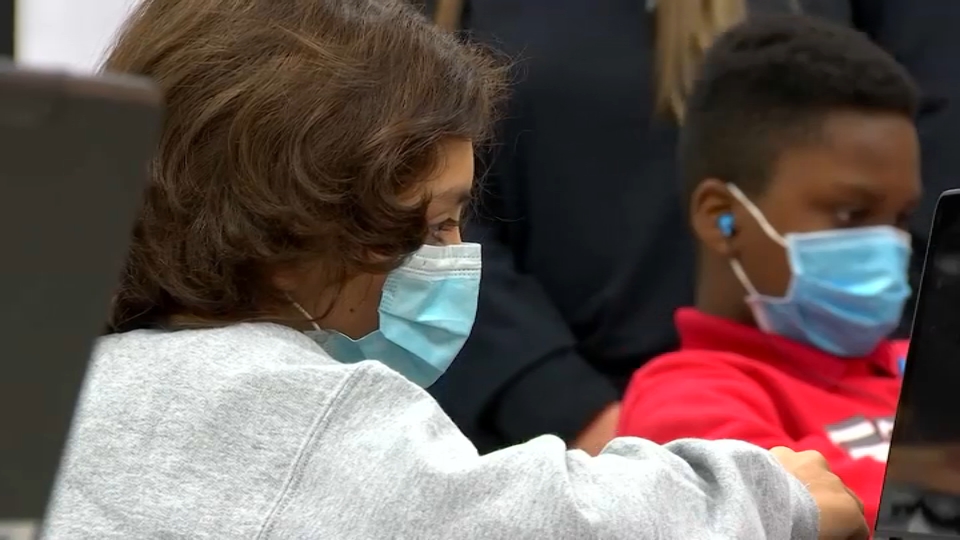
As the school year approaches amid continued uncertainty around the path of COVID-19, an education group's new toolkit aims to help schools and advocates plan their use of federal relief money.
The Massachusetts Education Equity Partnership on Thursday released a series of recommendations that it said were developed by state and community advocates and seek to "center the needs and experiences of historically underserved students in pandemic recovery."
The toolkit's recommendations fall into categories including supporting and affirming all students, increasing educator diversity, engaging families and communities and strengthening transitions to college and the workforce.
"The goal of education recovery in Massachusetts cannot be a return to a pre-pandemic 'normal' -- because that normal did not work for or serve Latino, Black and immigrant students and families across the state," Manny Cruz of Latinos for Education said in a statement. "We offer these recommendations in the hope that our state can build back stronger, centering the needs of young people who have been underserved in our schools for too long."
Get Boston local news, weather forecasts, lifestyle and entertainment stories to your inbox. Sign up for NBC Boston’s newsletters.
Bay State schools stand to receive more than $1.8 billion in new federal dollars through the American Rescue Plan Act, according to MEEP. The partnership said that money, combined with money from previous relief packages and the increased state funding to school districts from a 2019 law aimed at better accounting for the costs of education, will mean many districts and schools have access to thousands of dollars more per student than in recent years.
As school officials plan how to deploy the money, MEEP recommends they hold focus groups with educators, partner with community organizations to target outreach to historically underserved families and communities and remove barriers to participation by holding meetings virtually and in-person, scheduling them at various times and providing food, child care, transportation aid and translation services.
To create affirming learning environments, the group suggests using federal funds to invest in personalized plans to re-engage students who have become disconnected during remote learning and to support calls and visits to students' homes to explore their needs and experiences over the past year-and-a-half of pandemic schooling.
Minimizing risk of COVID-19 transmission is also key to helping students feel safe, the partnership said, recommending universal masking requirements. It also recommends ensuring the ability of mental health supports at no cost to families.
Natasha Ushomirsky, state director at the Education Trust, which facilitates MEEP's work, said the toolkits' goals are to "help district and school leaders plan for a strong, equity-focused pandemic recovery and to support advocates -- including students, families, educators and community-based organizations — in helping to shape these recovery plans in their communities."
Several of the recommendations involve hiring staff or compensating teachers for specific tasks, such as for additional time spent on professional learning and collaborative planning.
Those suggestions include investing in diagnostic assessments and student/family surveys, then hiring temporary staff to help turn the results and other data "into easily usable, digestible information for teachers"; hiring more school counselors and contract staff to support juniors and seniors applying to college; and removing burdens on educators of color by hiring people -- such as translators -- to perform the work that often falls on that group as unpaid labor.
The partnership flagged an Oct. 4 deadline for district leaders to submit plans to the state for how they will use federal relief money. Because the federal funding is temporary, MEEP recommends planning to use those dollars together with money from the state's multi-year school finance reform law.
The $47.6 billion budget Gov. Charlie Baker signed on July 16 allocates $5.5 billion in Chapter 70 aid to local schools this fiscal year, a $219.6 million increase over last year that represents the first year of implementing the law known as the Student Opportunity Act.



